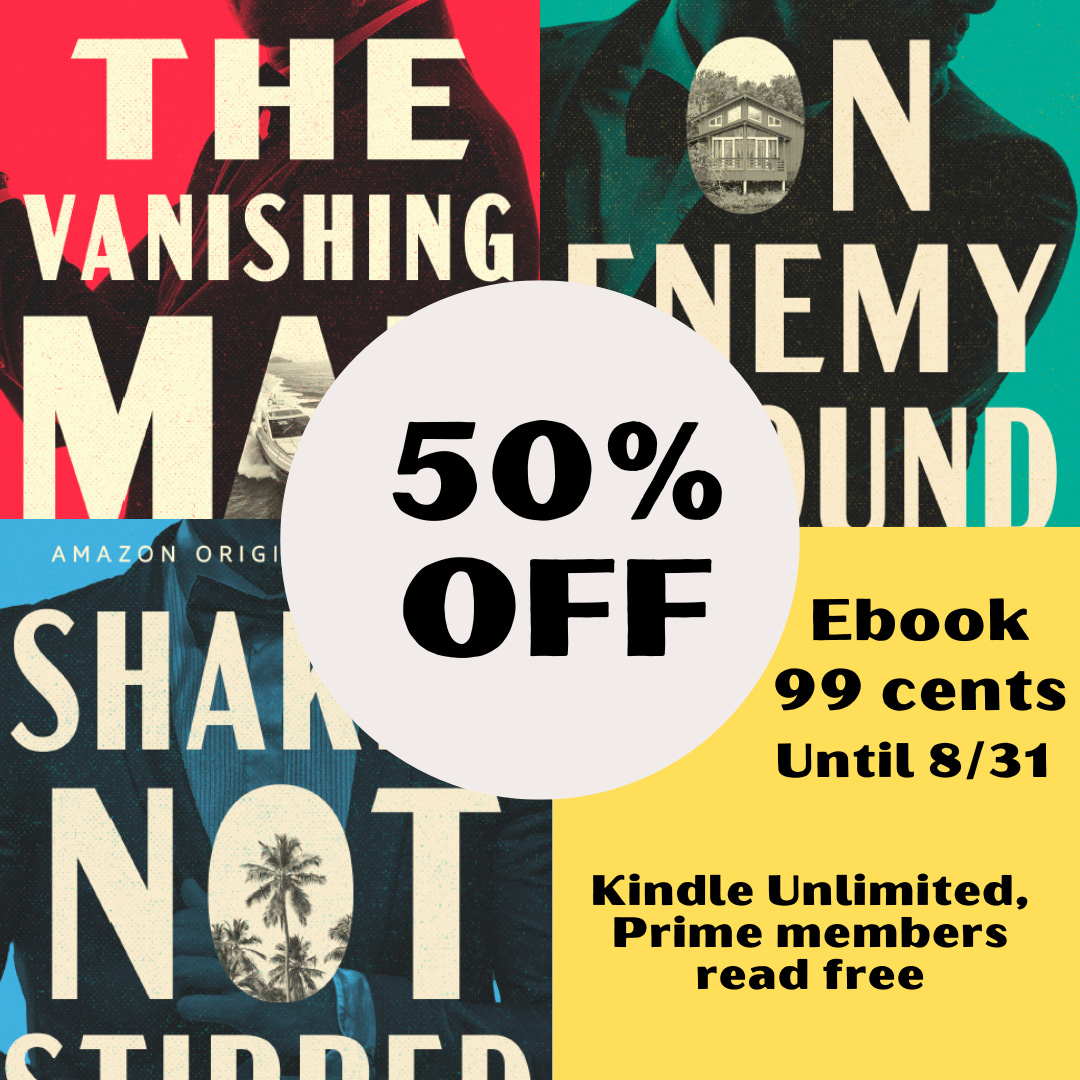As I type this, I just handed in a revision of Fiend, my next horror novel, and have wrapping up pitches to TV producers for The Spy Who Vanished. First, yes, I’m very lucky to be in this position, living exactly the kind of life I dreamed about 20 years ago, before my first novel was published and it all seemed like an unattainable dream.
I got the idea for Fiend about a year and a half ago. It seemed to come to me wholly formed, like a gift. I was so excited. At the time, I was in NYC for a writers con, meeting with my editors and agent on the sidelines, giving them the elevator pitch for the book. Heads nodded. Sounds good. Did I mention I was so excited?
I wrote up the outline and sent it to my literary agent(s). Yellow card: hmm, they didn’t quite get it. Didn’t understand the main character, the non-tropey horror element, the emotional arc. The only thing we all agreed on was the concept, which was killer (and you’ll hear more about it, I promise, in due time).
In my experience, rejiggering a novel is like steering a huge ship: it’s done slowly and by degrees. The story has needed constant tweaking and reorienting. In the middle of all this, my editor left for another imprint. We’d done five books together. I was suddenly orphaned and waiting for the publisher to assign me a new editor.
Getting a new editor doesn’t mean she’s going to like your work or want to publish your next book. By this time, I had a full manuscript that both I and my literary agent(s) agreed wasn’t quite right yet but needed to wait for a new, unknown person’s opinion. It was a very trying couple of months. My career was in limbo.
The new editor has been assigned and we’re working through revisions and it’s reminding me how very hard it is to write a novel. I’m reading other authors’ Substacks talking about their hair-pulling, mind-boggling difficulties and I’m thinking yes, yes. Because it just is. You think you know your way (especially after eight books!) but each new one knocks you back. Reminds you that you know nothing and never did. I assume it’s like how women forget the pain of childbirth: if you didn’t, you’d never have another baby.
Anyway, I’m in the heat of rewriting, the part where you’ve rewritten scenes so many times they’ve dissolved into froth and you’ve got to make it solid again. Ideas come like whispers in the night and you’ve got to try to catch them, insert them into the story, decide whether they’re good or mere desperation. You’ve got to find the logical path through what is essentially a pile of fever dreams.
That’s why the writing phase, the first draft phase, is so much fun. It’s freeing. It’s skipping down the lane, sowing seeds where ye may. The real work doesn’t come until later. I’m writing about this because many writers, when they’re just getting started, have a hard time finishing a story. They’ve run into a bunch of problems and can’t see how to proceed. So instead of battling through, they put down the manuscript and work on something new.
But the story is made in its finishing. In untangling all those knots, as unpleasant as it is. Figuring out what is not working and making it work. (Some writers claim to love this part best. I don’t believe them.) Anyway, that’s why I wrote this post today, in case you’re one of those writers who shies away from the painful part.
The nice reviews, book festivals, meeting readers, and taking meetings with TV producers is all wonderful, but you can’t get there if you don’t finish the book. Writing is mostly the painful part. That’s what it means to write.
In you live in the DC/Virginia/Maryland area, on September 5th I’ll be speaking at the Gum Springs Public Library in Stone Ridge, Virginia on how I made the transition from federal worker-drone to novelist. It’s a topic I’m asked about often, mainly by former colleagues (haha). Yes, I know you’re out there, feds. Come with questions.
There’s still a little time to get The Spy Who Vanished, all three installments, for half price. The special runs to the end of the month but why wait to enjoy a new take on the James Bond myth? Don’t forget: Prime members read FREE.







I’m definitely in the throes of the painful part, and it’s exactly as you describe. When the rewriting becomes difficult, I feel like I’m doing something wrong. It’s validating to know that what I’m feeling is probably normal. So thank you!
Great post, I know the pain of rewriting my short stories, can’t imagine doing the same for a novel! But that’s what’s next for me.